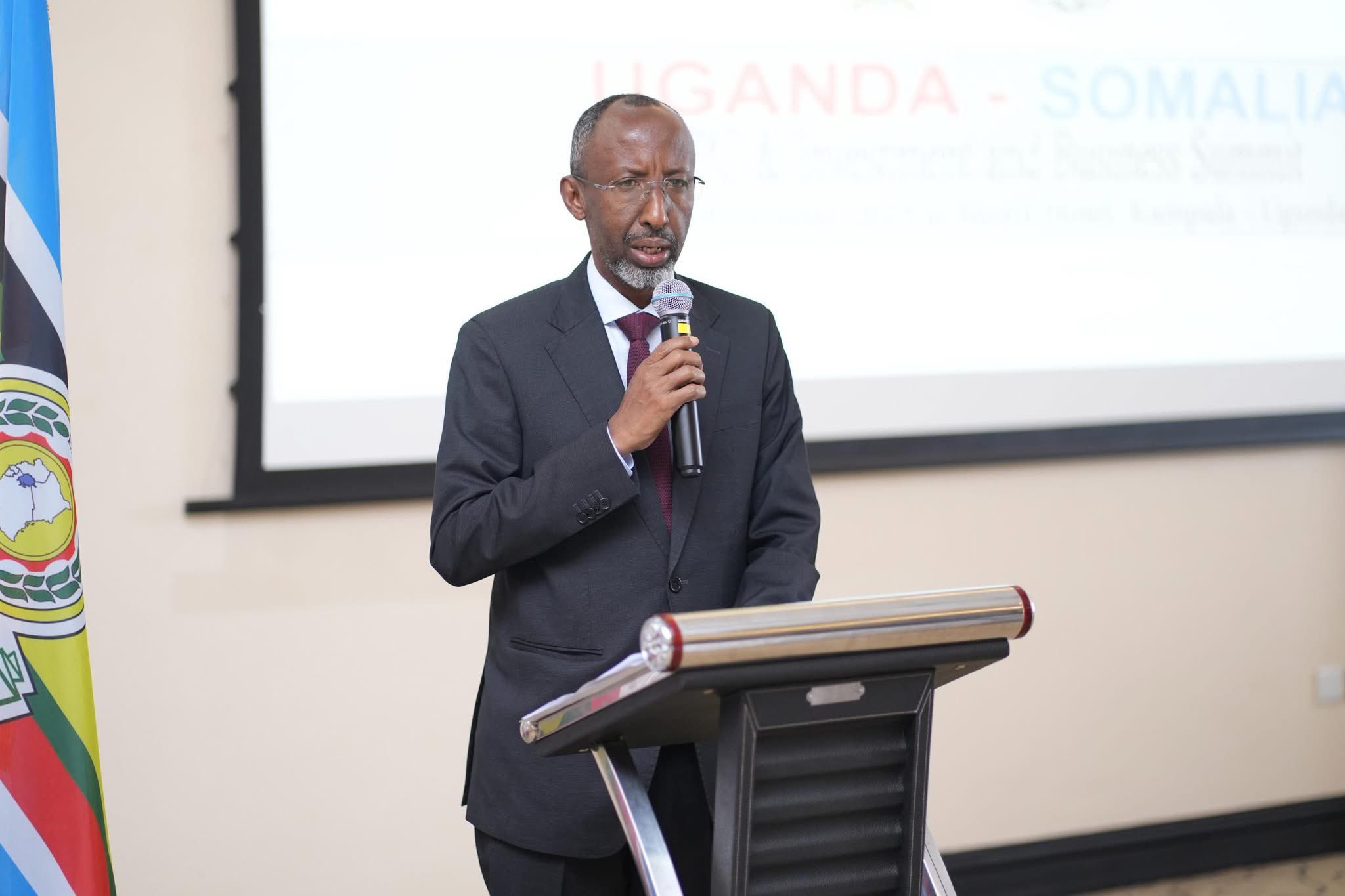African countries still lag behind in job creation, report shows

The IMF notes that underemployment is also extremely high in the region, particularly in rural areas reliant on seasonal agriculture.
Come 2030, half of the world's new workers will be from countries in Sub-Saharan Africa. However, their labour markets fail to produce enough jobs, according to a new outlook report.
It notes that the countries in the region are generating relatively fewer jobs compared to other emerging markets and developing economies.
More To Read
- Kilifi governor urges owners of long-closed hotels to sell them as county pushes for tourism revival
- World Bank sounds alarm as Kenya’s labour market weakens, wages fall and informal jobs surge
- Shrinking opportunities, growing skills gap: What youths say they need to thrive
- Africa’s rapid drone expansion promises high-tech warfare but struggles to achieve strategic results
- Private business activity growth surges in October on strengthening sales
- Study finds Gen Zs face tougher job market than their predecessors
This is despite the booming population, with the projection that by 2030, half of the increase in the global labour force will come from the region, requiring the creation of up to 15 million new jobs annually.
"The region produces only one-third of the jobs observed elsewhere with similar GDP per capita increases," the IMF October Sub-Saharan Africa outlook report says.
It adds that the issue is particularly acute for low-income, fragile and conflict-affected states, precisely those under severe demographic pressures.
"Resource-intensive economies in the region fare even worse, creating only one-tenth of the typical number of jobs from economic growth due to reliance on low employment extractive activities."
Low-employment extractive activities refer to industries that extract natural resources like mining, oil, and gas but create relatively few jobs compared to the amount of resources extracted.
In Kenya, the Federation of Kenya Employers (FKE) recently raised the alarm over the country's still fragile employment situation.
In one of its board meetings in November last year, where it voiced the concerns of employers amid the tough operating environment, the federation noted the country was not yet back on track since Covid-19 struck.
"Every day we receive notifications from employers on their intent to declare redundancy," FKE noted.
By then, it hinted that preliminary results had shown between October 2022 and November 2023, about 70,000 of the jobs in the formal private sector were lost and about 40 per cent of employers had reported plans to reduce the number of employees.
The latest figures by the Kenya National Bureau of Statistics (KNBS) also reveal that despite the country adding about 850,000 new jobs in 2023, the state still struggles to create quality jobs as the majority of the new jobs were created in the informal sector.
Dubbed the '2024 Economic Survey', the report says a total of 848,100 new jobs were added in 2023, as economic growth accelerated to about 5.6 per cent from 4.9 per cent in the preceding year.
The informal sector, which accounts for more than three-quarters of all employment in the country, accounted for the bulk of the new jobs with 720,900 openings created in the year.
In contrast, jobs created in the formal sector stood at 122,900.
Generally, the number of new jobs increased from 816,600 in 2022, taking total employment to 19.99 million from 19.14 million previously.
The lender's outlook report reiterates the dominance of informality in the job markets of many African countries, noting that most jobs are informal, particularly for youth and women in the region.
"Informality dominates the employment landscape, with around 8 in 10 jobs classified as informal. These jobs, lacking legal recognition, protection, secure contracts, benefits, and social security, are often insecure and less productive than formal sector jobs," the lender says.
"As a result, economic growth in sub-Saharan Africa has been less effective at reducing poverty, achieving only about half the impact observed in other regions."
The region's employment landscape is dominated by subsistence-level jobs, with fewer than one in four workers holding wage employment. Over a third are classified as working poor, earning less than $1.90 (Sh250) per day, it adds in part.
Nevertheless, the IMF notes that underemployment is also extremely high in the region, particularly in rural areas reliant on seasonal agriculture.
"To address the challenges hindering the creation of well-paying, quality jobs in sub-Saharan Africa, it is crucial to examine the underlying barriers affecting both labour demand and supply."
Notably, the report highlights how youths in the region, especially women, face particularly steep obstacles to securing higher-quality jobs, including a shortage of available formal jobs.
Consequently, many have reportedly ended up in lower-tier informal work or unemployed, leading them on a path of instability.
Data by the International Labour Organisation (ILO) shows over one in four young Africans are not in education, employment or training, with two-thirds of those being young women.
The key barriers to their employment prospects include skills mismatch, restricted access to professional networks, and a lack of critical job market information, the report reads.
Top Stories Today












































